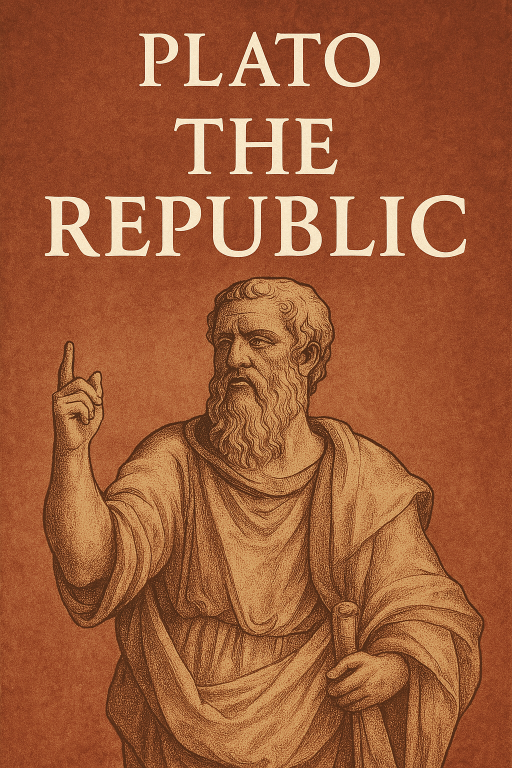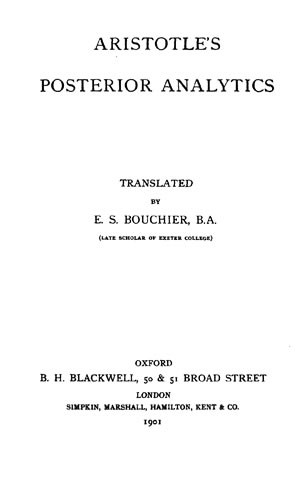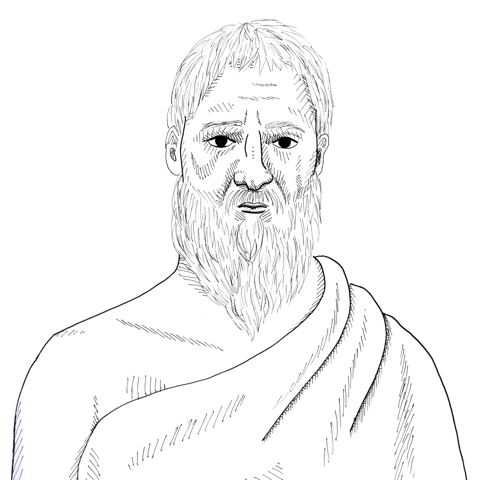
The Nicomachean Ethics
- Aristotle (author)
- F.H. Peters (translator)
In his ethical treatises Aristotle offers a defense of the idea of eudaimonism (human flourishing or happiness) which is achieved as a result of human choice in search of excellence and the good life.
Related People
Critical Responses

Ethics in Aristotle and Adam Smith
Elaine Sternberg
Aristotle and Adam Smith both understand ethics in ways that differentiate them sharply from most other moral philosophers. Their common sense attitudes are substantially compatible, and many of their evaluations coincide. Nevertheless, the differences between Smith and Aristotle are profound,…

Connected Readings


Liberty Matters
Why Read the Ancients Today?Roosevelt Montás, Anika Prather, Aeon J. Skoble, and Jennifer A. Frey
